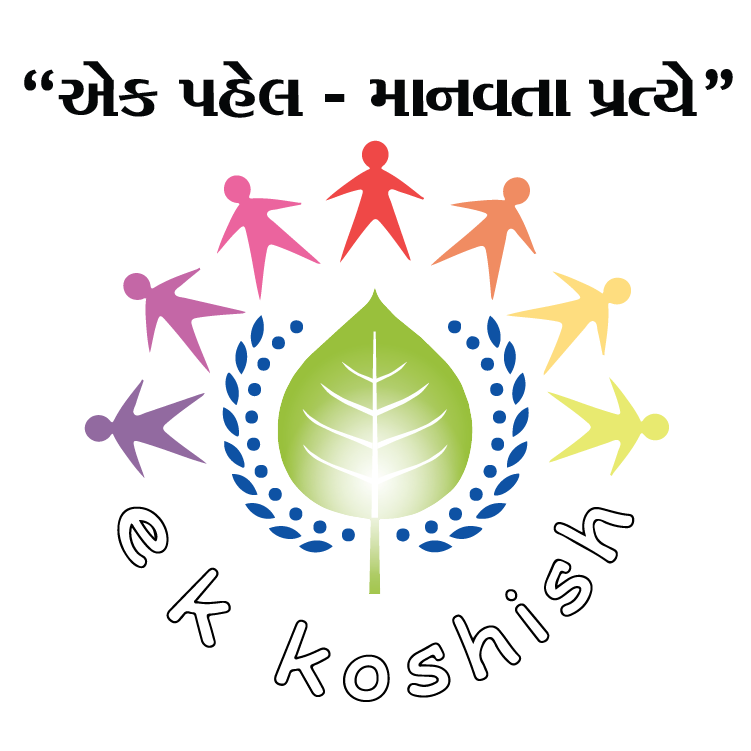In rural communities, health, sanitation, and education are deeply intertwined elements that collectively contribute to sustainable development. Health and sanitation are foundational for the well-being of any community, yet these aspects often suffer in rural areas due to a lack of resources and awareness. On the other hand, education is a powerful tool that can transform these communities by fostering knowledge and encouraging better health and sanitation practices. Understanding and leveraging the interconnectedness of these elements can lead to the creation of healthier, more sustainable rural communities.
Rural areas often face significant challenges related to health and sanitation. Limited access to clean water, inadequate sanitation facilities, and a lack of healthcare services are common issues that can severely impact community well-being. Poor sanitation is a major contributor to the spread of diseases, which can be particularly devastating in rural areas where medical resources are scarce. For instance, the lack of proper toilets and waste disposal systems can lead to water contamination, resulting in widespread health problems such as diarrhea, cholera, and other waterborne diseases. This not only affects the health of individuals but also hampers economic development, as sick individuals are unable to work or attend school, creating a cycle of poverty and poor health.

Making a change on the environment
Education plays a crucial role in improving health outcomes in rural communities. Through education, individuals gain awareness about hygiene practices, disease prevention, and the importance of sanitation. Schools serve as critical platforms for disseminating this knowledge, teaching children about the
benefits of handwashing, the dangers of open defecation, and the need for clean drinking water. Educated individuals are better equipped to make informed decisions about their health and the health of their families. For instance, they are more likely to understand the importance of vaccinations, seek medical help when needed, and adopt healthier lifestyles. Moreover, education can empower individuals to advocate for better health and sanitation facilities in their communities.
The integration of health, sanitation, and education is vital for sustainable community development. When these elements are combined, they reinforce each other, leading to more comprehensive and lasting improvements. For example, educating a community about the importance of sanitation can lead to better health outcomes, which in turn can improve school attendance and performance, further promoting education.
NGOs like Ek Koshish play a crucial role in driving these initiatives. Focusing on comprehensive development programs that include building sanitation facilities, providing clean water, and promoting education creates a more holistic approach to community development. These programs often involve training community members to maintain and manage facilities, ensuring long-term sustainability. Community involvement is essential for the success of these initiatives. Encouraging local participation and ownership helps ensure that the improvements are maintained and the community continues to benefit from them. Ek Koshish, for example, involves residents in the planning and implementation of their projects, fostering a sense of ownership and responsibility. By supporting and participating in initiatives that promote health, sanitation, and education, we can all contribute to building healthier, more sustainable communities.
